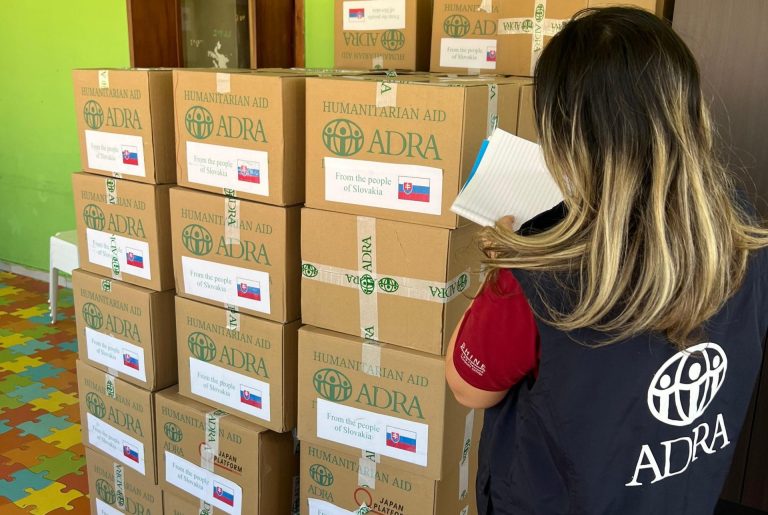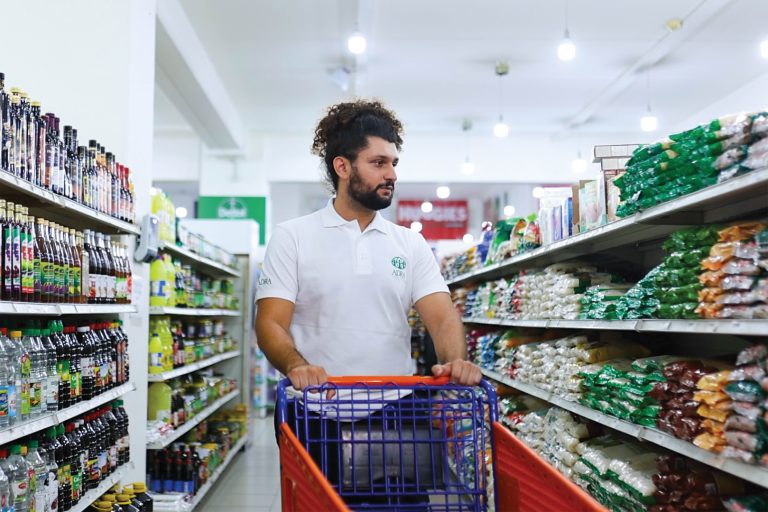Food Security
help improve food security
Food Security and Emergency Response: The recent sixteen-month conflict, the largest scale seen in Lebanon since 2006, has had a profound impact on food security and livelihoods across the country. The effects of the conflict, combined with Lebanon’s ongoing economic crisis, have exacerbated an already fragile situation. The economic decline, which began with the 2019 financial crisis, has severely undermined access to food and stable livelihoods, leading to alarming projections for continued high levels of acute food insecurity and rising unemployment in the months ahead.
Food prices in Lebanon remain prohibitively high, with food inflation averaging 74% from 2009 until 2024, placing significant pressure on household purchasing power and food security. This sustained increase has profoundly impacted livelihoods, heightening economic hardship and limiting households’ ability to afford essential goods.
Nearly one-quarter of the Lebanese population suffers from poor food consumption patterns, and about half of Syrian refugees experience acute food insecurity (OCHA 06/01/2025). According to WHO, an estimated 1-1.5 million people were likely to need food assistance through at least January 2025 (WHO 09/10/2024).
COPE: The intervention aimed to provide life-saving food assistance to internally displaced persons and conflict-affected communities in southern Lebanon, addressing immediate food insecurity while ensuring a coordinated, efficient, and transparent response aligned with humanitarian standards. As part of this effort, 570 standardized food parcels (weighing 21kg and 42kg) were distributed across two villages in Nabatiye, benefiting both IDPs and vulnerable populations.
HEAL: Enhance food security and resilience for internally displaced persons affected by the conflict in southern Lebanon by addressing their immediate needs for food, hygiene, and household essentials. Over two months, e-cards were distributed to 631 individuals across 188 households, enabling them to purchase essential food and hygiene items.
PROVIDE II: Enhanced food security and improved the dietary quality of vulnerable individuals and households in Beirut and Mount Lebanon by ensuring equitable and dignified access to nutritious food and essential household items. As part of this effort, e-cards were distributed to 930 households (3,226 individuals), reducing negative coping strategies, as measured by the Coping Strategies Index (CSI).
CARE: Strengthened the coping mechanisms of internally displaced persons (IDPs) in Beirut, Mount Lebanon, and Beqaa by providing immediate lifesaving assistance. ADRA supported food security efforts by supplying essential raw materials to community kitchens, facilitating the distribution of hot meals to 2,130 individuals inside and outside shelters through weekly provisions. In the Beqaa region, 1,345 food parcels were distributed in a single round to IDPs outside shelters, addressing critical food gaps. Meanwhile, in Mount Lebanon, 2,322 IDPs living outside shelters received e-cards over three rounds, benefiting a total of 930 households.
Did you Know?
Lebanon is ranked as having the fourth highest inflation rate globally at 90%. This rapid hyperinflation has severely impacted the people of Lebanon, especially impoverished communities. Imports, as a result of this, have skyrocketed in price and the cost of food and non-alcoholic beverages have inflated by more than 441% since 2019.


